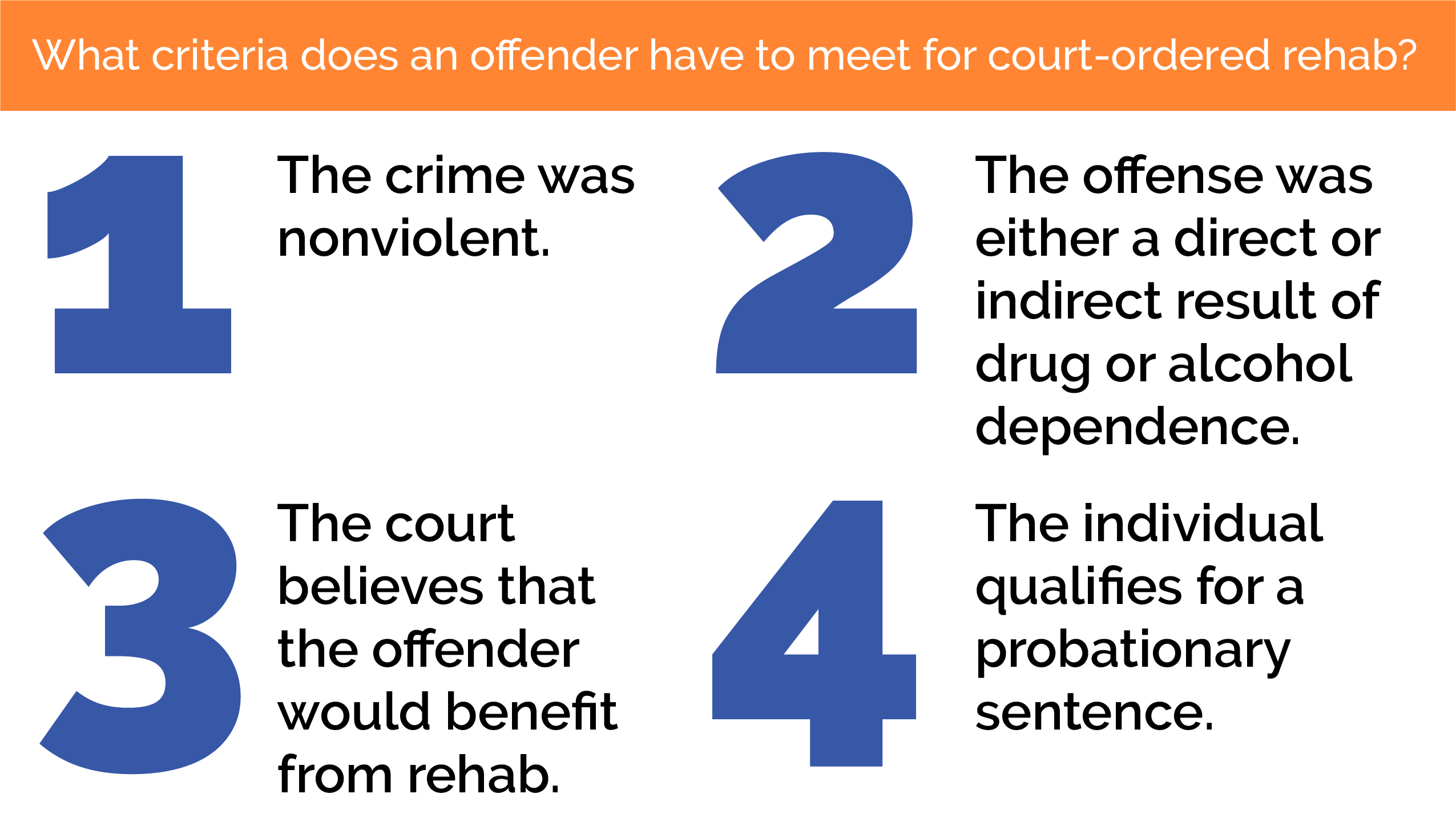The residents take an active role in this mode of treatment helping them to take duties and become favorable function designs. Some Therapeutic Neighborhoods use improved services for pregnant and post-partum females and their infants, which consist of coordination of prenatal/pediatric care. Social Design programs stress a sober living environment, peer therapy and case management.
Homeowners are anticipated to be included in the external community (through work, education, volunteer activities, etc.) Eligibility: For all three kinds of residential services, individuals, eighteen years and older who are in early healing from alcohol and/or other drug dependency. Concern is offered to people with specials needs, cultural and linguistic minorities, homeless people, injection drug users, individuals involved with the criminal justice system and individuals with or at risk for HIV/AIDS.
These programs provide a safe and structured healing environment where females may obtain domestic substance addiction treatment services while still preserving custody and care of their kids. Reunification with children can happen while the mother is remaining at the program. Eligibility: Females with kids who remain in early healing and require help in establishing and keeping life skills necessary to achieve drug free living.
Some Ideas on How Much Does Inpatient Drug Rehab Cost You Should Know
Programs provide shelter, coordination and case management of compound addiction treatment and other services for homeless households in order to support and sustain sobriety. Eligibility: The targeted population is identified as homeless caretaking parents or pregnant females, referred by the Department of Transitional Help, who have physical custody of a minimum of one child and who have a chronic compound dependency issue.
Youth Residential Programs supply short-term domestic rehabilitative services to youth between the ages of fourteen and eighteen years who require a supervised environment to enhance their just recently acquired sobriety - how long is inpatient drug rehab. Consists of diagnostic, counseling, educational and pre-vocational, leisure, and HIV/AIDS related services. Eligibility: High-risk youth between 14 and 18 years of age who are experiencing psychological/ behavioral, family, developmental and/or social dysfunction as an outcome of their alcohol and other drug usage.
Outpatient Counseling supplies treatment for adults and teenagers, their families, and/or their better halves who are affected by the use of alcohol or other drugs. Clients are helped in acquiring and preserving abilities for a substance-free lifestyle. Services include assessment and treatment preparation, individual, group, and family counseling. Eligibility: Anyone with issues about a compound addiction issue, or a household member/significant other who has concerns about somebody else's compound dependency issue.
An Unbiased View of How To Pay For Drug Rehab Without Insurance
Day Treatment and Extensive Outpatient Treatment are more intensive than Outpatient Treatment. Programs offer each customer with several hours of counseling per day, up to 4 days a week consisting of: specific, group and household therapy, regression prevention, communicable illness prevention, case management, and motivation of making use of self assistance groups.
Acupuncture and recovery maintenance programs offer services for individuals with histories of compound dependency that need treatment for moderate to moderate withdrawal symptoms. Services consist of restricted medical screening and consumption, inspirational counseling/case management and acupuncture treatments. Eligibility: Open to clients with mild to moderate withdrawal symptoms. Service is not appropriate for clients in need of a medically kept track of detox.
These programs include private, household, and group counseling and case management services. Eligibility: Clients should meet the requirements of pathological gaming. Opioid Treatment provides clinically kept track of treatment Drug Rehab services for customers who are addicted to opiate drugs such as heroin or discomfort medications and have a history of chronic regression. Opioid Treatment services integrate medical and pharmacological interventions (such as methadone or buprenorphine) with professional outpatient counseling, education, and professional services (how do you become a drug rehab counselor).
The Only Guide for How To Pick A Drug Rehab Center
Aftercare/ Recovery Assistance Providers supply case management services to assist link people and families to community supports such as self-help, housing, educational/vocational services and employment. The Massachusetts Department of Public Health Bureau of Compound Dependency Services supports seven Peer Recovery Support Centers throughout the Commonwealth. These centers, located in Brockton, Greenfield, Lawrence, Marlborough, Roxbury, South Boston, and Worcester serve as safe places for individuals in healing from compound usage disorders to support each other's healing.
Because 2006, Massachusetts has been a leader in the advancement of Healing High Schools. These schools goal at satisfying both the academic and recovery related needs of students with compound usage disorders, by offering a safe and helpful alcohol and drug totally free environment. Healing schools have actually been shown to decrease student's rates of relapse and increase their graduation rates.
The general goal for Supportive Case Management is to assist grownups and/or households in recovery to assist them accomplish self-sufficiency. This goal is achieved through case management services within an alcohol and drug-free living environment that enhances healing through establishing community-based supports to maintain ongoing objectives in the healing procedure.
Things about How Much Does Drug Rehab Cost In California
Eligibility: Men or females who have been sober for a minimum of three (3) months, and have a badly limited ability to live separately due to the fact that of a lack of earnings, diminished social skills, and/or insufficient social supports. Community Housing programs recognize the targeted population as homeless families and people affected by compound dependency.
The Institute for Health and Recovery at (617) 661-7277 collaborates access to the Community Real Estate Programs. Neighborhood based case management programs offer assistance services for people throughout the course of recovery and aftercare. Case management services boost access to care, offer extra support for clients to improve treatment results and assist customers establish community contacts and supports for long-lasting healing.
Homeless Services provide substance addiction services to homeless people with alcohol and other drug issues. The majority of these services are supplied within the homeless shelter system. Drug Abuse Shelters for Individuals Drug Abuse Shelters for People (SASI) and the Pine Street Inn Night Center offer shelter for substance abusing homeless people whose habits is challenging to manage and less proper for shelter in the basic shelter system due to their existing compound usage - how much does drug rehab cost without insurance.


The 6-Second Trick For How Many Drug follow this link Rehab Centers In Florida
PDPR is a HUD-funded transitional helpful housing program that offers subsidized spaces with some case management services to people in early recovery, mainly after cleansing. The intent is to bridge, in the short-term, Alcohol Rehab Center the time in between discharge from detox and admission into residential treatment, transitional or long-term real estate. Eligibility: Homeless people age 18 and older referred by a public ATS (detox) program, a homeless shelter, or outreach employee.
The McKinney meaning consists of people living either: on the streets; in a cars and truck; in a shelter; in a transitional housing program having actually initially come from the streets or a shelter; and, those at instant threat of homelessness due to a discharge or eviction within one week. The Bureau of Substance Addiction Solutions oversees the arrangement of compound dependency education and treatment alternative sentencing programs for those convicted of first or second offenses of driving under the impact.
The Motorist Alcohol Education (DAE) programs are readily available to those people who accept the alternative sentencing sanction as defined within Massachusetts General Laws for the offense of driving under-the-influence. Particularly, each DAE program participant is provided with a structured group where they receive educational material to help them recognize and understand alcoholism concerns and drinking-and-driving habits.